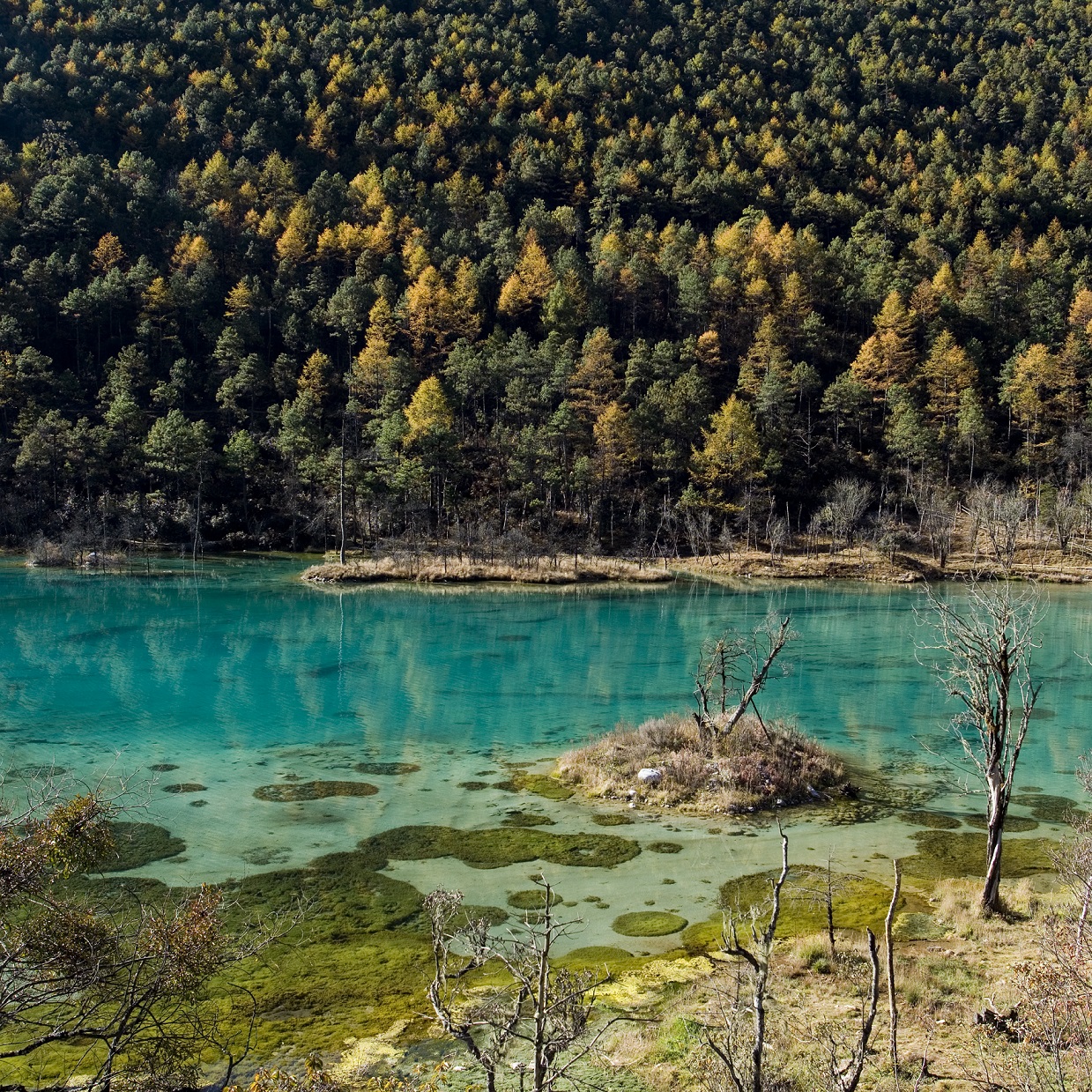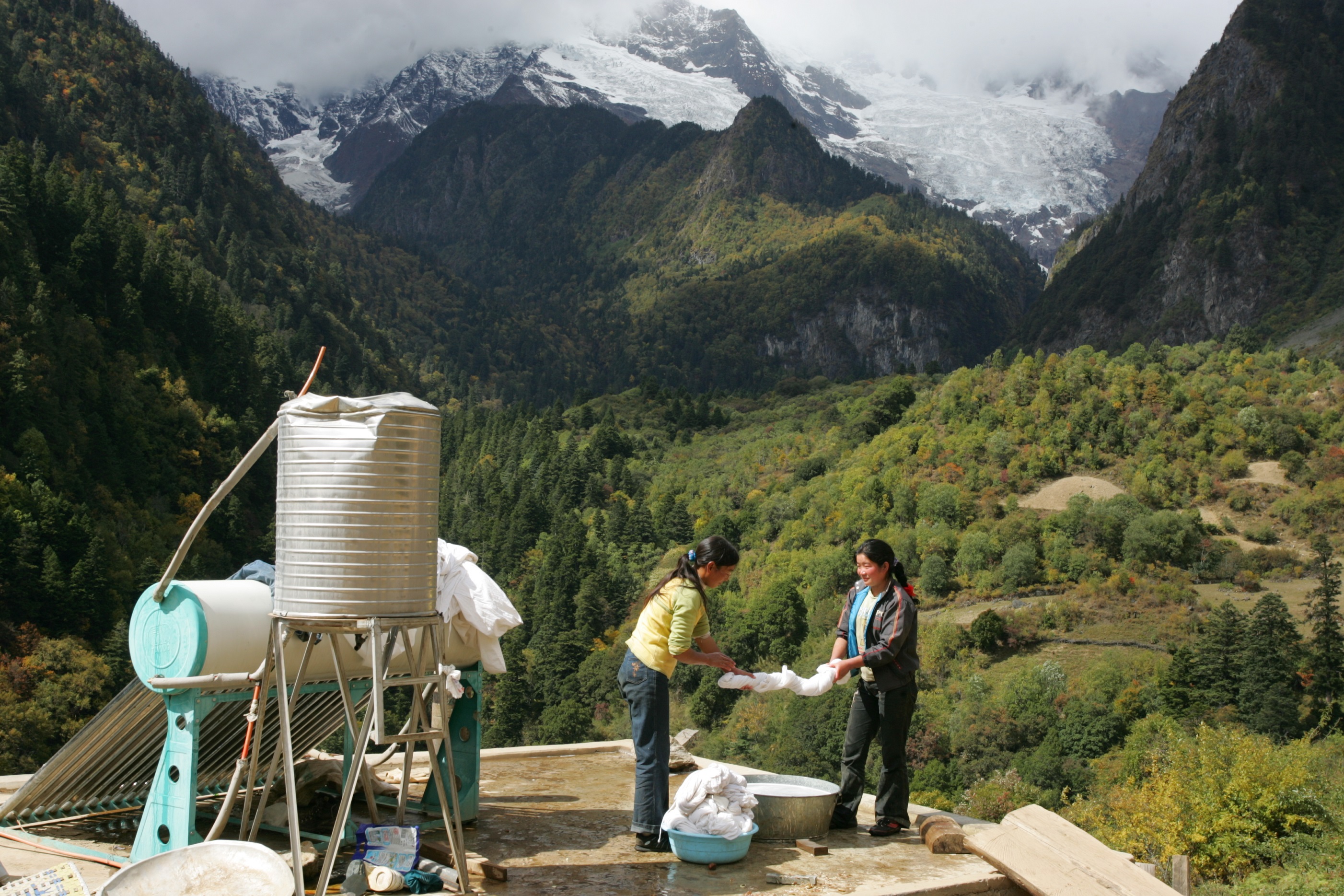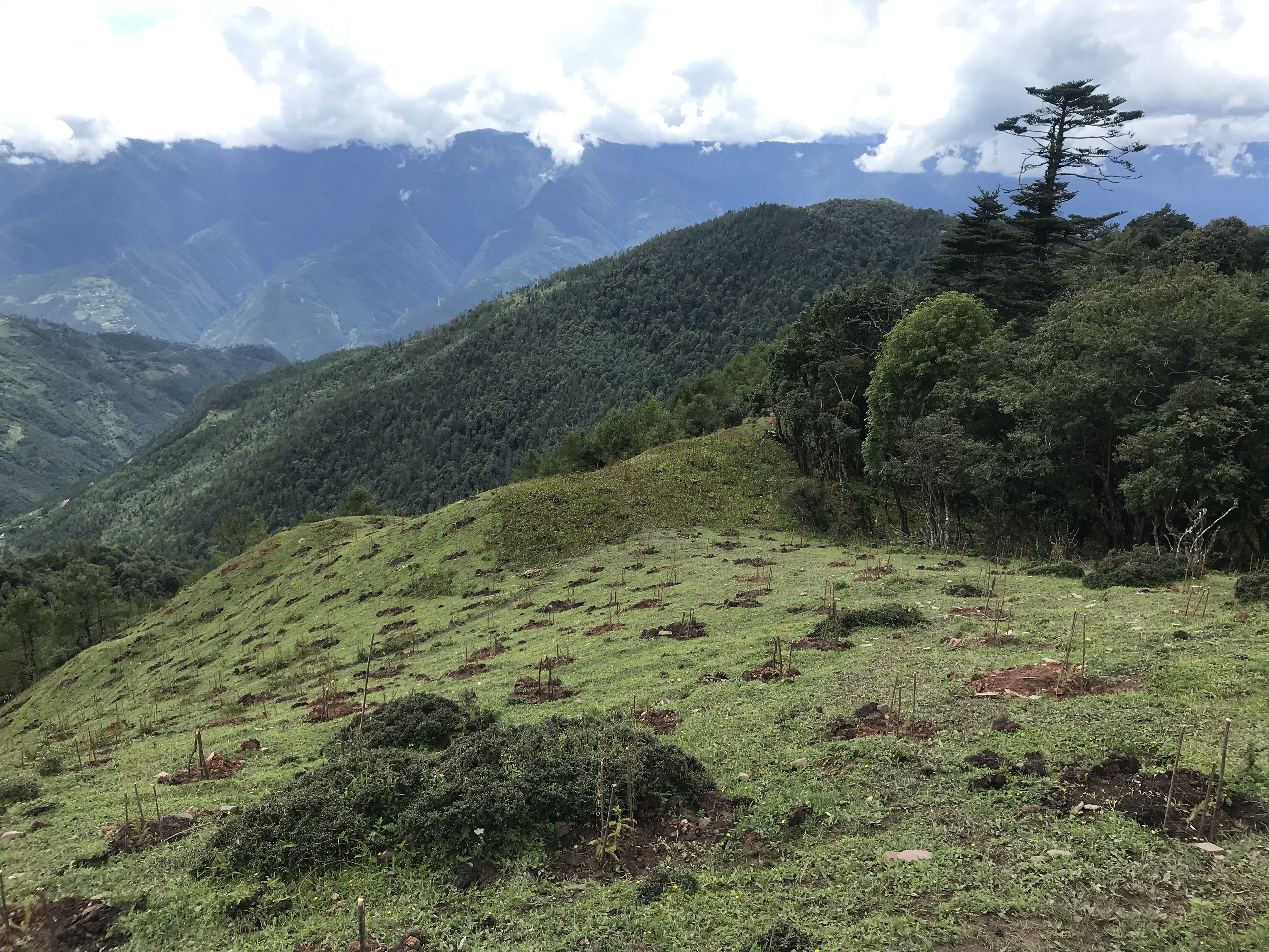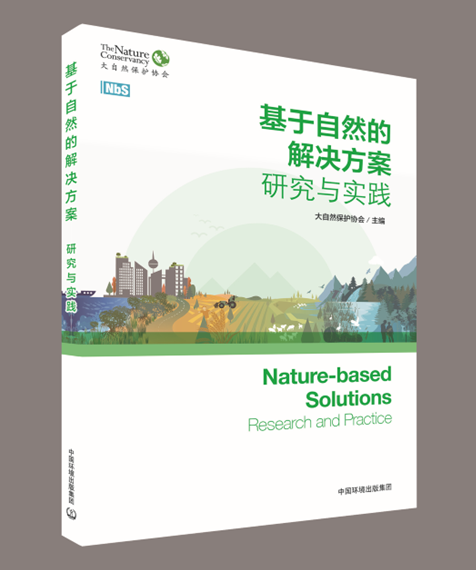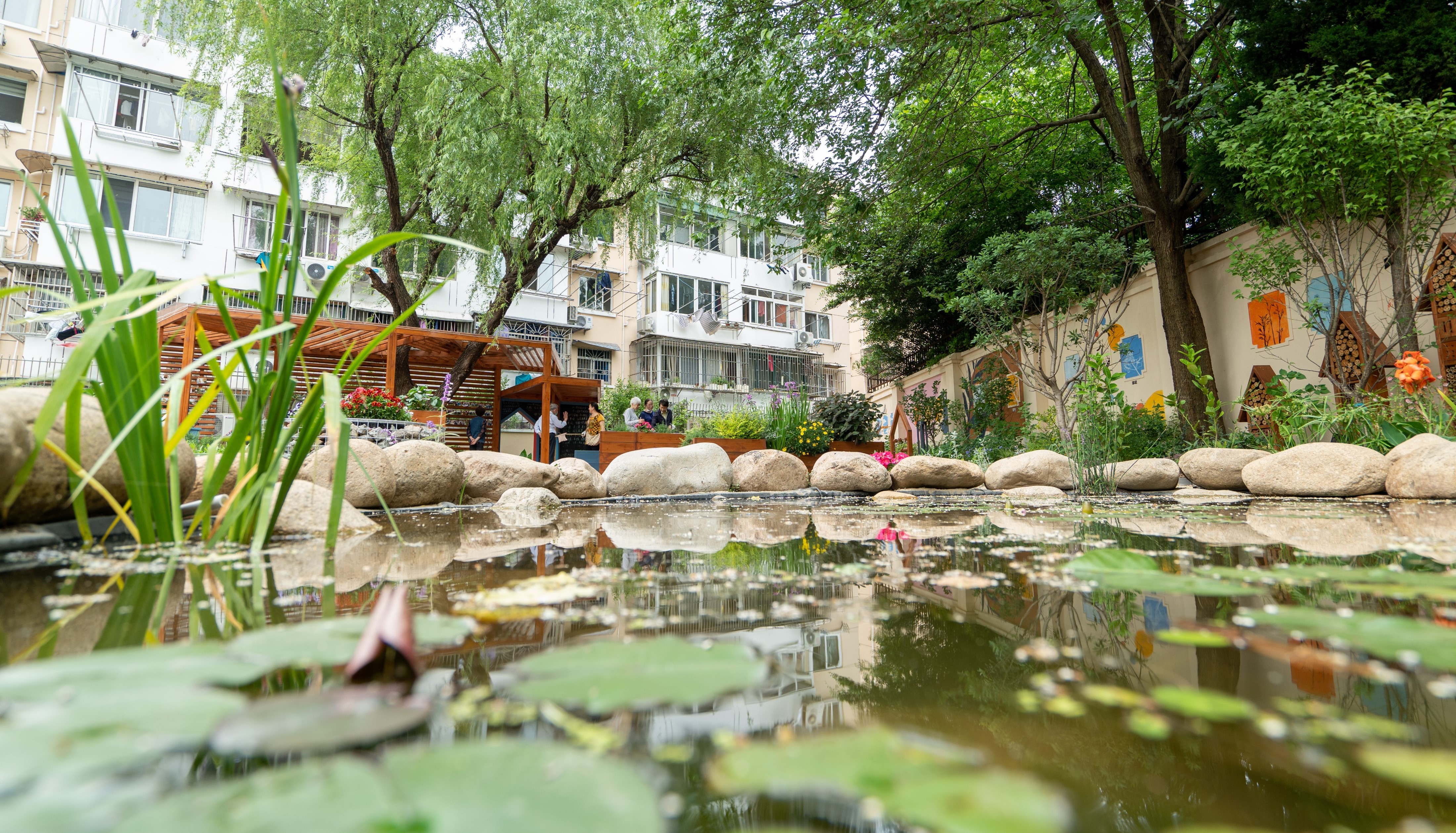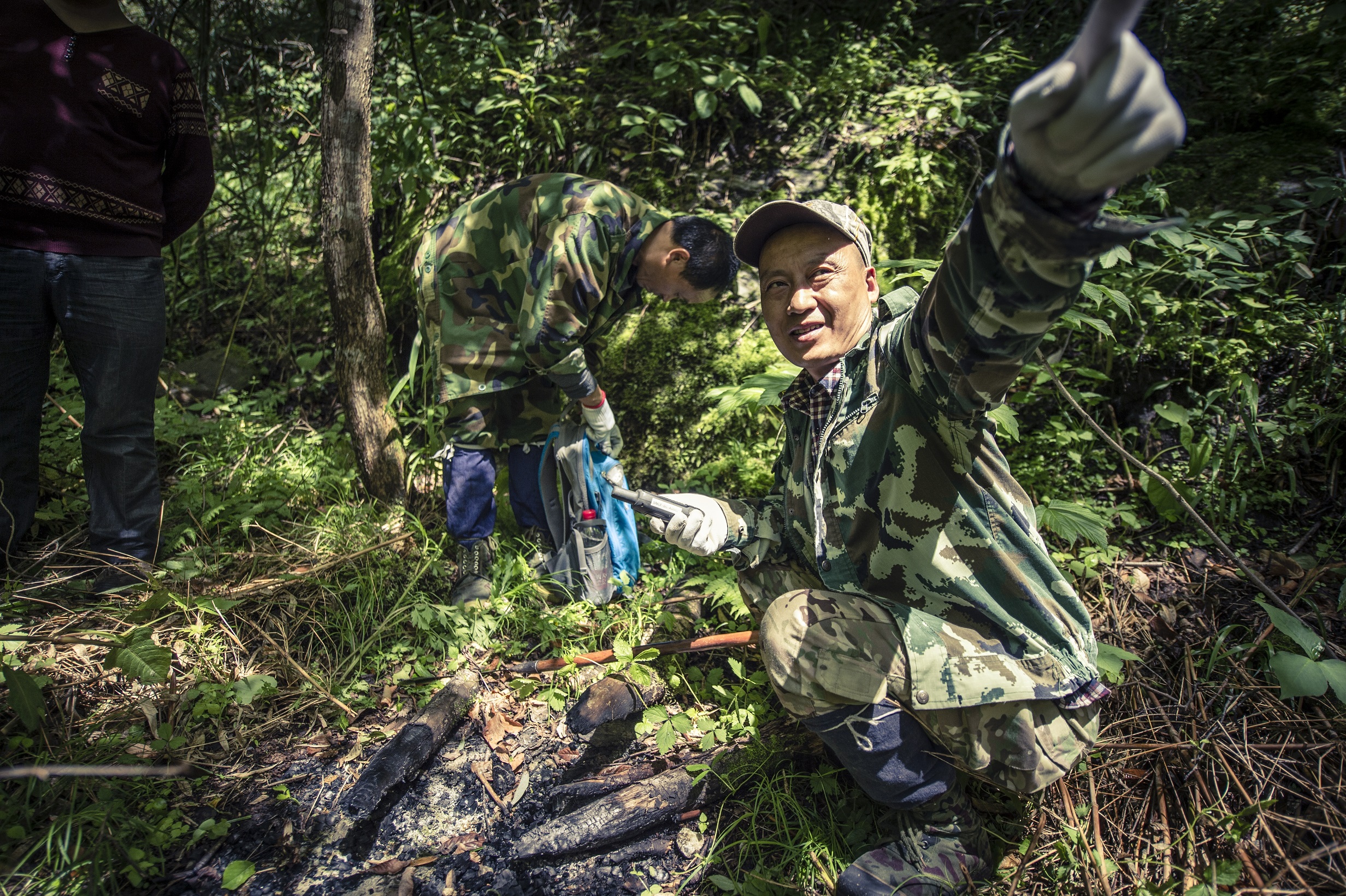The Nature Conservancy’s work in China reflects what we do best: using science, community engagement and policy to save nature. Now in its third decade, TNC in China is taking bold steps to achieve conservation a tremendous scale—for China and for the world.
In 1998, the Yunnan Provincial Government invited The Nature Conservancy (TNC) to help protect their spectacular biological and cultural diversity. Today, 25 years later, TNC China’s headquarters is in Beijing, with project offices in Kunming, Chengdu, Hohhot, Zhengzhou, Shanghai, Shenzhen and Hangzhou and projects spread across Yunnan, Sichuan, Inner Mongolia, Zhejiang, Henan, Shanghai, Shenzhen and Beijing supported by over 60 staff.
To address the most catastrophic impacts of global climate change and biodiversity loss, we need an unprecedented level of collaboration and cooperation. We continue to leverage our science, expertise and collaborative partnerships to achieve conservation goals throughout China. Working with a range of stakeholders such as government ministries, academic institutions, corporations and organizations, we have tested national parks in Yunnan, restored degraded landscapes in Inner Mongolia, established the first nature trust reserve in Sichuan, demonstrated water funds in Zhejiang, established habitat gardens in Shanghai and supported green development along the Yangtze River. Read more about our work below.

Our Priorities
In China, our conservation priorities are focused on:
25 Years in China: Major Milestones
Where We Work
-
TNC has been involved in large-scale biodiversity conservation and restoration work in northwest Yunnan Province for over 20 years. Some of the work includes protecting and studying the Yunnan golden snub-nosed monkey population, patrolling against illegal poaching, restoring degraded habitats and supporting alternative livelihoods in communities. In 2019, TNC and 13 other organizations including Yunnan Forestry and Grassland Bureau, Yunnan Green Environment Development Foundation (YGF), Yunnan Baima Snow Mountain Reserve, established a Yunnan golden snub-nosed monkey protection network. Today, the number of network members has increased to 30 members.
-
In 2017, with the support and guidance of the Sichuan Provincial Forestry and Grassland Bureau (Sichuan Provincial Administration Bureau of Giant Panda National Park), TNC initiated the Giant Panda Small Population Protection project in Chengdu to protect the giant panda population and its habitat. These actions include exploring new conservation models that involve social participation, protecting and restoring small panda population habitats, developing eco-friendly community livelihoods, organizing training sessions for ecological forest rangers, launching a small panda population conservation network with partners and exploring other innovative solutions of co-construction, co-management and win-win situations for protecting the small panda population.
-
TNC began working in Inner Mongolia in 2010 with the launch of the Inner Mongolia Ecological Restoration and Protection project. The project is focused on systematic solutions for the protection and restoration of key ecosystems in Inner Mongolia's arid and semi-arid regions to address the threat of climate change and human-induced land degradation. The project summed up a set of science-based best practices for the management of forest land, crop land and grassland, and collaborated with partners to promote them. These best practices have been implemented in the Helinger Ecological Restoration and Sustainable Development project, Bahrainzuo Banner Climate Smart Agriculture project and Xilin Gol League Smart Grassland Management project.
-
Since 2015, TNC has been working in Zhejiang Province to reduce non-point source pollution using ecological methods to ensure drinking water safety and enhance ecosystem service functions of small-scaled water source areas through the water trust/fund model. Working with local partners, the World Bank and relevant management departments at the provincial, municipal and county levels, the project has been able to build and implement an innovative market-oriented, diversified, and sustainable ecological protection compensation mechanism. This is achieved through exploring the innovative application of nature-based solutions (NbS) in water source protection and achieving the long-term goal of improving water quality in water sources, creating a win-win scenario for ecological protection and the green economy.
-
In 2018, TNC, in cooperation with the Henan Provincial Forestry Bureau and Xichuan County Government, launched ecological protection and restoration work in the Henan Danjiang Wetland National Nature Reserve and surrounding areas. The goal is to ensure the health and the ecosystem services of the water source of the South-to-North Water Diversion Project.
-
In Shanghai, TNC launched its Habitat Garden project in 2017 in close partnership with the community to create green refuges for wildlife and people across the Changning District. These gardens create spaces of greenery that offer multiple benefits for the city’s residents, such as capturing excess stormwater, regulating extreme temperatures and reducing air pollution. The project has utilized ecological innovation technology to enhance urban biodiversity and help Shanghai achieve the goal of becoming a more resilient and sustainable ecological city.
-
TNC is collaborating with Shenzhen to help transform the city into an innovative, cost-effective “sponge city”. By applying nature-based solutions (NbS), TNC focuses on building resilient communities and protecting and restoring resilient coastal zones to address the challenges of adapting to climate change and help Shenzhen become a safer, healthier, more prosperous, more habitable, and more ecological demonstration city in the Greater Bay Area.
-
Working with governments, businesses and communities, TNC is exploring a comprehensive innovative conservation model such as improving forest quality in the Miyun Reservoir basin, strengthening the biodiversity protection system, enhancing the carbon sink and water conservation capacity of the ecosystem, and promoting the value realization mechanism of ecological products. Our aim is to create a demonstration of harmonious coexistence between man and nature in the urban setting.
About the China Global Conservation Fund
A Global Initiative
TNC's China Board of Trustees was established in 2009 by a group of entrepreneurs who were enthusiastic about nature. After an inspiring trip to TNC's Kenya program in 2011, the China Board initiated a fund called the China Global Conservation Fund (CGCF) to focus on addressing global environmental challenges beyond China.
Download
TNC has been working in China for over 25 years. Check out what we've achieved so far.
DOWNLOAD